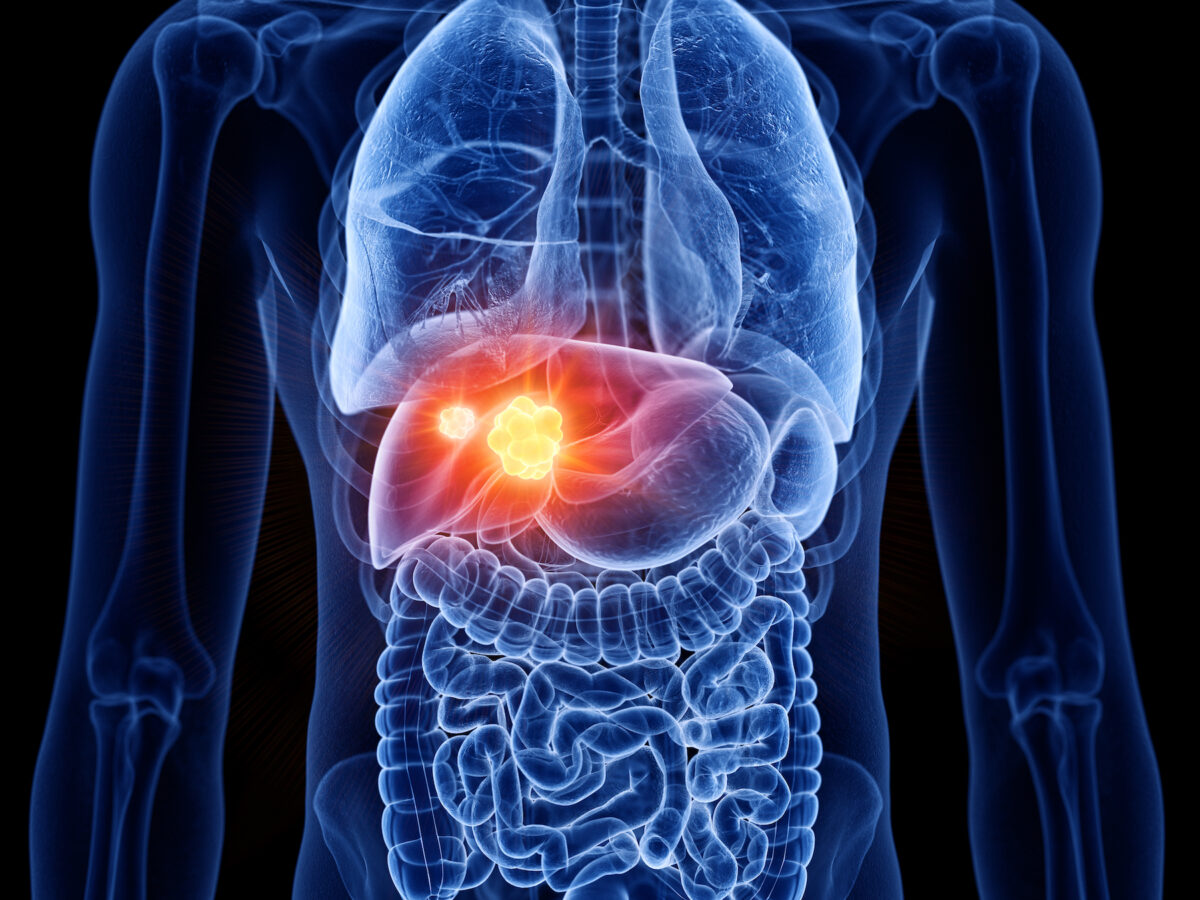In a world plagued by toxic exposures, you must protect your liver as if your life depended on it, because it does. Here are five substances that can help keep your hard-working organ functioning.
Your liver is one of the busiest organs in your body, regulating a variety of biological processes that are critical to health, including metabolism, blood sugar, plasma and cholesterol production, and the elimination and breakdown of toxins in the blood, to name just a few.
Liver diseases, also called hepatic diseases, are among the most serious threats to human health. Adding to the risk is the lack of safe and effective treatments, as most synthetic drug-based interventions carry black box warnings of potentially serious adverse side effects.
Five Hepatoprotective Substances
With modern life producing more pollutants than ever before and the standard American diet providing an onslaught of sugar and ultra-processed foods, it’s no wonder your liver can benefit from an occasional boost of gentle nutritional support.
We’ve identified five of the top liver-protective substances on the planet to make it easy for natural health enthusiasts to stock their herbal medicine cabinets. In fact, some of them may already be in your kitchen pantry. Adding therapeutic doses of these five foods is not only simple and convenient, but can also provide a nutrient boost to keep your liver nourished and protected while protecting you.
1. curcumin
One of the active polyphenols in the spice turmeric, curcumin has numerous scientifically validated health benefits, including liver protection. Curcuminoids are responsible for turmeric’s bright yellow color and are also believed to provide many of the spice’s beneficial properties, including powerful antioxidant effects.
Oxidative stress can cause a series of inflammatory lesions that damage healthy cells. A Chinese research team explored the use of curcumin to relieve liver cell damage caused by exposure to ethanol, the intoxicating ingredient found in many alcoholic beverages.
In the study, rats that were pretreated with curcumin prior to ethanol exposure demonstrated less oxidative damage through measured enzyme activity. The researchers concluded that oxidative damage to liver cells was significantly improved by curcumin treatment.
2. Coffee
While it is well known that excessive alcohol consumption can damage the liver, eating a diet of primarily processed foods can be just as hepatotoxic in the long run. Non-alcoholic fatty liver disease (NAFLD) is a global health problem that affects people who drink little or no alcohol. In the US, NAFLD is the most common form of chronic liver disease, probably due to the sad state of the standard American diet.
When it comes to popular dietary habits, perhaps none last longer than your morning coffee, and luckily for many coffee fans, it can also help protect against liver disease.
A meta-analysis compared the risk of NAFLD for people who did and did not drink coffee. It also compared the risk of liver fibrosis, the excessive protein buildup that occurs in many liver diseases, between NAFLD patients who drank coffee and those who did not. The analysis showed a significantly lower risk of NAFLD among coffee drinkers, as well as a significantly lower risk of liver fibrosis among NAFLD patients who regularly drank coffee.
3. NAC (N-acetylcysteine)
N-acetylcysteine or NAC, It is a precursor of the amino acid L-cysteine that acts as a powerful antioxidant. While L-cysteine is found in foods such as poultry, eggs, yogurt, and sulfur-rich vegetables, NAC can only be obtained in supplement form. NAC works by scavenging free radicals, especially oxygen radicals, making it a potentially powerful ally in treating oxidative stress, a crucial factor in liver disease.
The prescription of high-dose acetaminophen (APAP) for the treatment of mild to moderate pain remains commonplace, although it is increasingly recognized as high risk. As a result of data revealing unintentional overdoses, the US Food and Drug Administration (FDA) asked pharmaceutical companies to limit the amount of APAP used in prescription pain relievers due to the risks of serious, even fatal, drug-induced liver failure.
NAC has shown significant promise as a hepatoprotective agent in part due to its ability to efficiently block acetaminophen toxicity. One study showed that administration of NAC within eight hours of an APAP overdose effectively mitigated hepatotoxicity, warning that this over-the-counter supplement “may provide a convenient and effective way to prevent the toxicity associated with high blood pressure.” APAP dose.
4. Ginsenosides
Responsible for the pharmacological effects of ginseng, ginsenosides play a critical role in the body’s inflammatory and disease responses and have shown impressive potential in the prevention and treatment of liver disease. Clinical studies have shown the ameliorating effects of ginsenosides against paracetamol-induced hepatotoxicity.
Another recent study showed that the anti-inflammatory power of ginsenosides promotes healthy fat metabolism in the liver and can alleviate liver damage in patients with fatty liver disease. This powerful polyphenol comes in supplement form as an extract from the root of Panax ginseng and is a great addition to a nutritional smoothie or shake.
5. Vitamin E
Vitamin E is a fat-soluble nutrient found in many foods, including wheat germ, nuts, seeds, and green vegetables. Important for eye health and blood and tissue quality, vitamin E’s antioxidant properties also play a role in healthy liver function. A meta-analysis of randomized controlled trials found that vitamin E supplementation significantly improved liver function and liver cell and tissue quality in patients with NAFLD.
Vitamin E also protected the liver against oxidative damage caused by formaldehyde exposure. Formaldehyde is one of the most common household and industrial toxins in use today, found in products such as carpets, draperies, cabinets, and wooden furniture, and products such as glues, paints, pesticides, cosmetics, and detergents.
Protecting your liver, for life
In our modern, chemical-filled world, a healthy liver is essential to staying ahead of the toxic curve. Protect yours naturally, your life depends on it.
.
